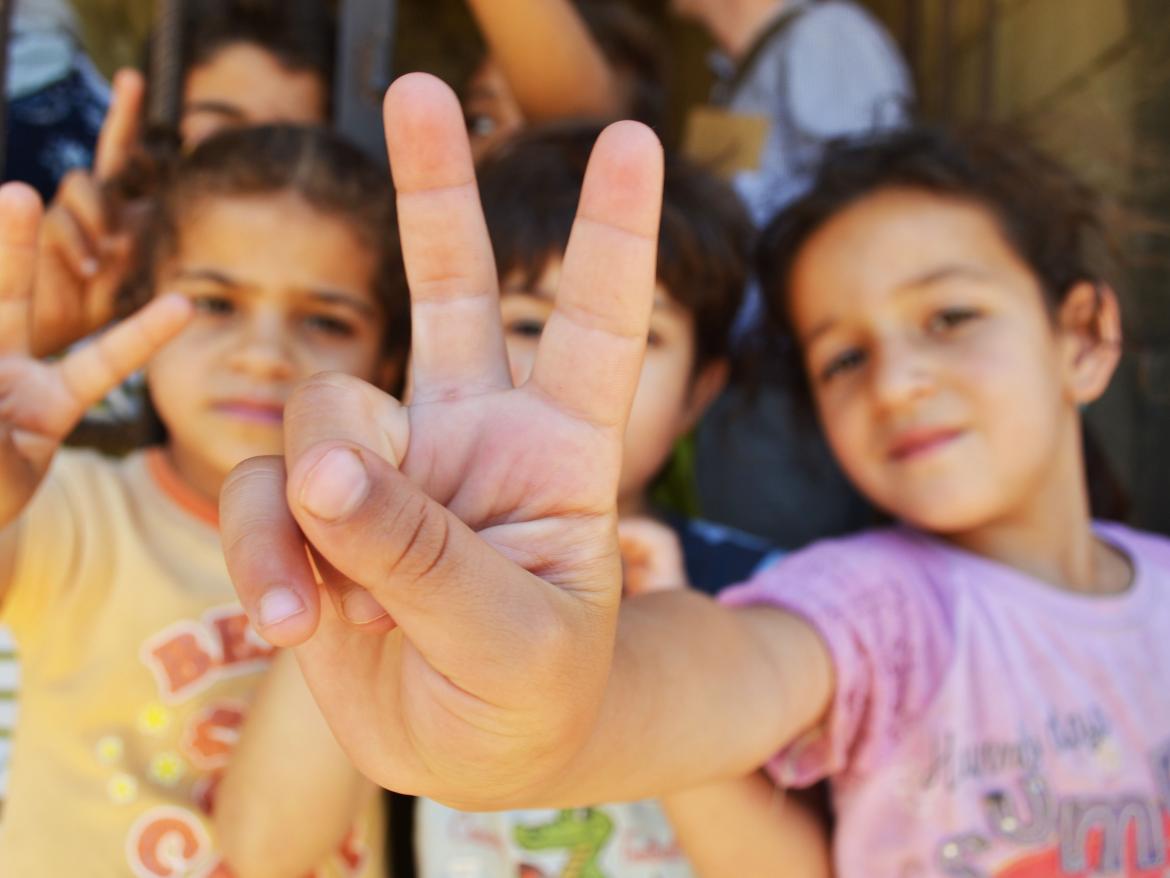As some leaders have seized upon the recent, tragic events in Brussels as an opportunity to sow fear and discord within American communities, we must call upon our elected officials to demonstrate compassionate leadership and show solidarity with all victims of terrorism around the world, Christian and Muslim alike.
Rather than turning refugees away, we must continue to provide Syrian victims of terrorism with a place of safety; rather than targeting individuals based on race or religion, we must work towards unity.
It is all too easy, in the face of terrorism, to reject compassion in the name of security. It is also easy to allow fear and prejudice to take the place of careful analysis and well-developed policy. But xenophobia and discrimination directed against Muslims will not keep our communities safer, nor will they reinforce the United States’ position as a global leader. To see this, one must only review several of the “tough” policies that have been proposed.
Responding to the terrorist attacks that took place in Brussels on March 22, in which at least 31 people lost their lives, some officials have asserted that our nation should address all violence committed by violent Muslim extremists as a single phenomenon; to cope with it, they advocate for policies that target Islam and Muslims as a bloc. Leaders must not allow discrimination and fear to blind them to crucial facts. Much of the discussion in the wake of these attacks, for instance, has hinged on immigration and refugee policies to prevent the infiltration of Islamic State fighters. Yet, of the three attackers whose identities have been confirmed, two were born and raised in Belgium. The third grew up there.
While terrorism perpetrated by citizens is certainly a grave problem in its own right, it merits a distinct, targeted response informed by careful research. We can hardly expect to improve security by implementing policies with no basis in the realities we see around us. Another suggested response, namely the groundless surveillance of Muslim-Americans is not only unconstitutional, but will serve only to increase tensions between religious communities and damage the prospects for fruitful relationships.
One of the most disturbing and mean-spirited responses to recent terror attacks has been the demonization of refugees. The exclusive treatment of Syrian refugees as potential terrorism threats, rather than as human beings fleeing violence and persecution, contradicts our values as a nation and tarnishes our status around the world. Because Syrian and Iraqi refugees have already undergone extensive, year-long background checks, as FCNL has previously noted, they pose a negligible security risk. U.S. citizens, living in a powerful nation with a strong government, have little to fear from taking in refugees—and yet U.S. politics often center around exaggerated risks rather than on the nation’s potential as a global leader.
U.S. officials have expressed great compassion for the residents of Brussels, arising from a renouncement of senseless violence and a genuine belief in our shared humanity. As we take this moment to express solidarity with Brussels, we must also take a step back to acknowledge the suffering of ordinary Syrian citizens targeted by the very same groups.
By almost any account, the Islamic State has killed more Muslims than Christians. Syrians and Iraqis who have escaped the Islamic State report mass executions, sex trafficking, and the use of civilians as human shields. If we are to show the world that our compassion outweighs our fear, and that we support any and all people suffering from terrorism, we must continue to take in Syrian refugees fleeing this kind of violence.
Contradicting U.S.rejection of discrimination and belief in fair treatment under the law, surveillance based on race and/or religious identity must also be taken off the table. Only in doing so can we avoid accusations of hypocrisy and stay true to the promise of equality and justice that the United States has represented to so many, both U.S.-born citizens and newly-arrived immigrants and refugees.
In this election season, a tone of fear and intolerance has come to pervade our nation’s political landscape. In a sense, this is to be expected: fear-mongering can certainly garner attention in the short run. But our nation requires a stronger kind of leadership, based not on discrimination and exaggerated existential threats but on compassion and respect for the dignity of all. It’s time for elected officials to call on officials to reject policies and rhetoric targeting and demonizing a community of people and ensure that people of all religious affiliations continue to feel secure and valued in our communities.

